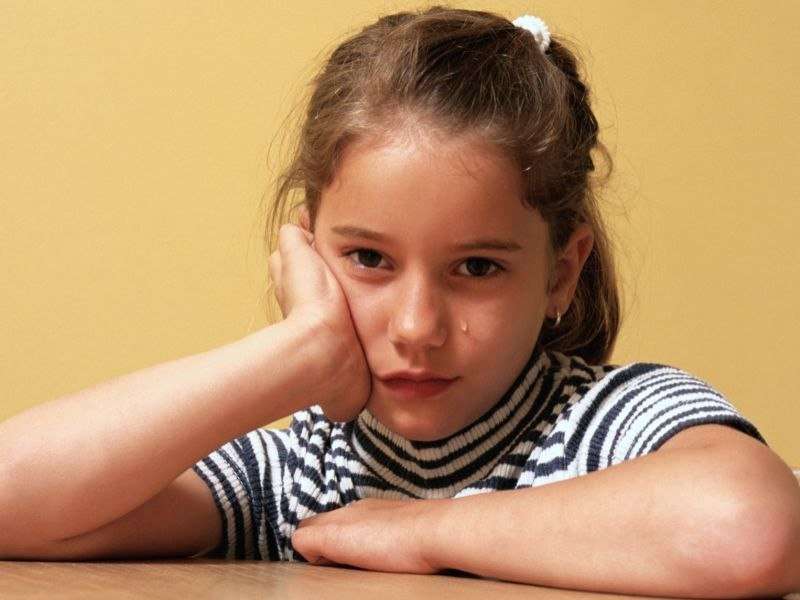(HealthDay)—There are considerable gaps in knowledge relating to the effectiveness of non-pharmacologic treatments for attention-deficit/hyperactivity disorder (ADHD) in pediatric patients, according to a review published online May 30 in Pediatrics.
Adam P. Goode, D.P.T., Ph.D., from Duke University in Durham, N.C., and colleagues examined the comparative effectiveness of non-pharmacologic treatments for ADHD among individuals age 17 years and younger. Studies that compared any ADHD non-pharmacologic treatment strategy with placebo, pharmacologic, or another non-pharmacologic treatment were included. Random-effects meta-analysis was used to generate pooled estimates for comparisons with at least three similar studies.
Fifty-four studies of non-pharmacologic treatments were identified, including neurofeedback, cognitive training, cognitive behavioral therapy, child or parent training, dietary omega fatty acid supplementation, and herbal and/or dietary approaches. The researchers found that there was no new guidance relating to the comparative effectiveness of non-pharmacologic treatments. In pooled results for omega fatty acids, there were no significant effects for parent or teacher ratings of ADHD total symptoms.
"Despite wide use, there are significant gaps in knowledge regarding the effectiveness of ADHD non-pharmacologic treatments," the authors write.
One author disclosed financial ties to the pharmaceutical industry.
More information: Abstract/Full Text (subscription or payment may be required)
Journal information: Pediatrics
Copyright © 2018 HealthDay. All rights reserved.






















